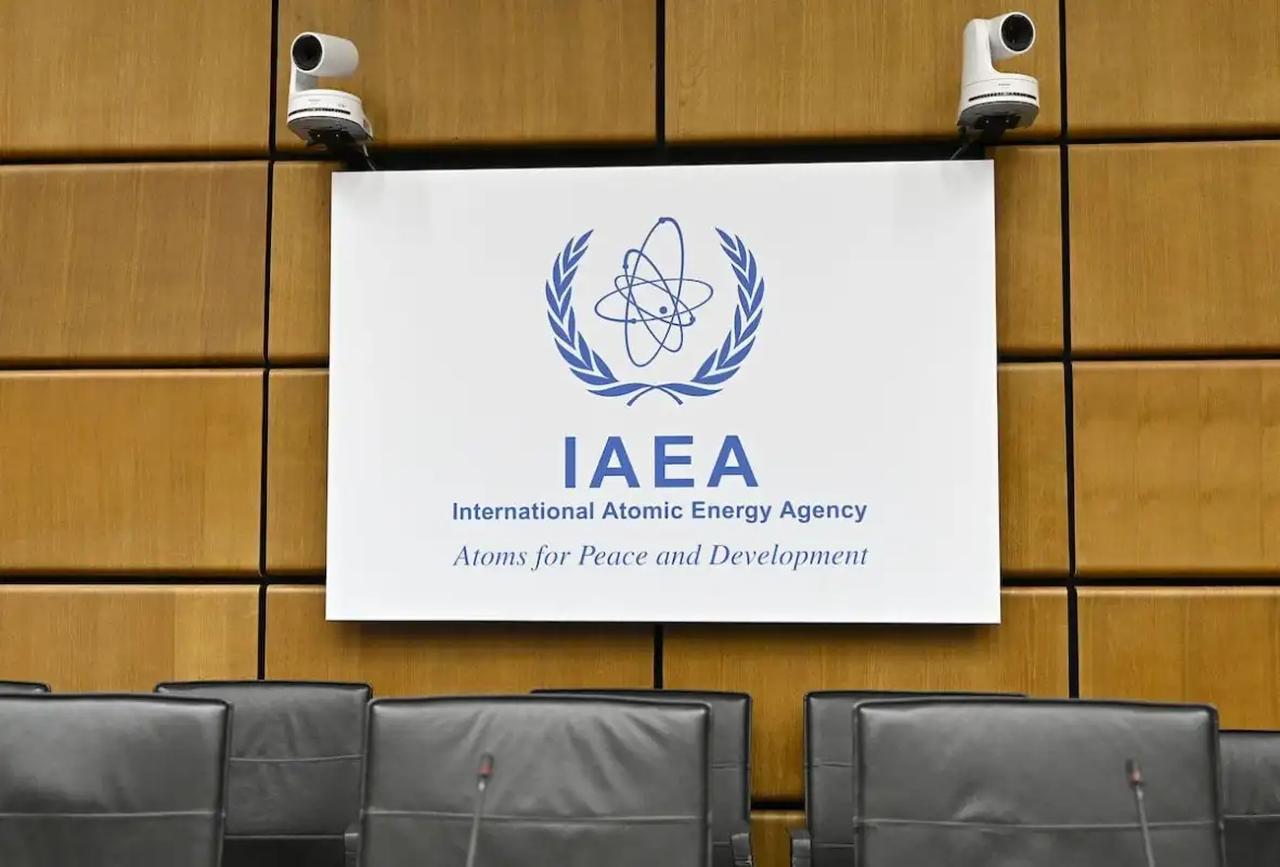
The International Atomic Energy Agency (IAEA) reported that two centrifuge manufacturing facilities in Iran were struck during recent Israeli airstrikes.
According to a statement posted on the IAEA’s official X account, the affected sites are the TESA Karaj Workshop and the Tehran Research Center, both of which had previously been monitored under the Joint Comprehensive Plan of Action (JCPOA), the 2015 nuclear agreement.
The agency noted that in Tehran, one building where advanced centrifuge rotors are produced and tested was hit, while two buildings at the Karaj site—located just outside the capital—used for manufacturing various centrifuge components, were destroyed.
The announcement followed hours after Israel’s military confirmed it carried out a series of air raids in and around Tehran. An Israeli military statement said the strikes targeted a centrifuge production facility as part of a broader effort to disrupt Iran’s nuclear weapons development program.
Centrifuges play a crucial role in uranium enrichment—a sensitive process that can produce fuel for nuclear reactors or, when highly enriched, material suitable for nuclear weapons.
IAEA Director General Rafael Mariano Grossi spoke about Iran’s nuclear activities in an interview with CNN. He said, “We have no evidence of a systematic effort toward nuclear weapons in Iran.”
When asked about the current status of Iran’s uranium enrichment capability, Grossi replied:
“I would say there has been a significant, though not complete, reduction. As I mentioned, enrichment capacity exists outside Natanz, including at Fordow, and these appear unaffected for now. However, given the ongoing conflict, the situation is evolving. For now, the issue remains unresolved. There has clearly been a decline, but enrichment capacities are still present.”
The IAEA continues to monitor developments closely.